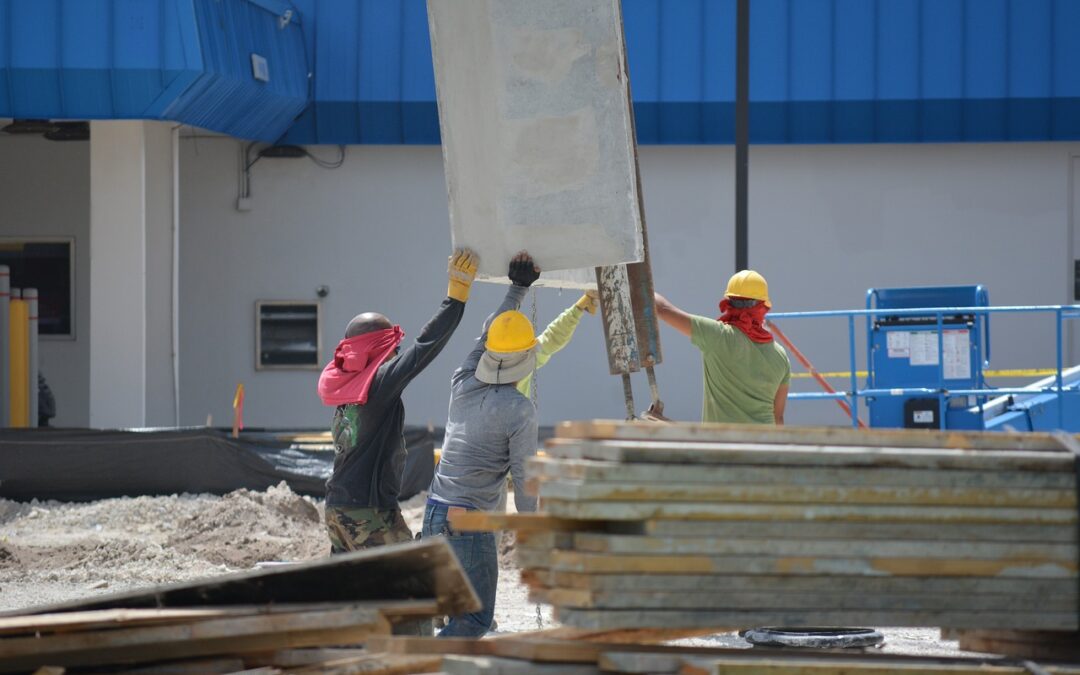Contents
Concrete Wall Construction: A Comprehensive Guide for Enhanced Durability and Aesthetics
TL;DR: Concrete wall construction involves mixing cement, aggregates, and water to create durable and customizable barriers for various structural and aesthetic applications. Professional concrete contractors offer expertise in designing, constructing, and maintaining concrete walls that meet specific requirements for strength, durability, and appearance.
Understanding Concrete Wall Construction
Concrete walls are constructed by pouring concrete into forms and allowing it to harden, creating solid, monolithic structures. Their versatility allows for customization in terms of size, shape, and texture, making them suitable for a wide range of projects.
Benefits of Concrete Walls
- Durability: Concrete is a robust material that withstands harsh weather conditions, fire, and pests, ensuring long-lasting walls.
- Structural Integrity: Concrete walls provide excellent support and load-bearing capacity, making them ideal for foundations, retaining walls, and security barriers.
- Customization: Concrete can be molded into various shapes, allowing for creative architectural designs and decorative finishes like stamping or staining.
Planning Your Concrete Wall Project
Before embarking on a concrete wall construction project, it’s crucial to:
- Determine the Purpose: Identify the intended use of the wall (e.g., retaining wall, privacy fence, decorative feature).
- Choose a Location: Select a suitable location considering drainage, access, and future landscaping plans.
- Seek Professional Advice: Consult with a reputable concrete contractor for guidance on design, materials, and construction techniques.
Essential Materials
- Cement: The binding agent that hardens and strengthens the concrete.
- Aggregates: Gravel, sand, or crushed stone that provide bulk and strength.
- Water: Used to mix the ingredients and initiate the chemical reactions.
- Additives: Chemicals that enhance concrete’s properties (e.g., plasticizers, air entrainers).
Construction Process
- Site Preparation: Excavating the area, leveling the ground, and installing drainage systems.
- Formwork: Building temporary molds that determine the shape and dimensions of the wall.
- Concrete Pouring: Mixing and placing the concrete into the forms, ensuring proper consolidation.
- Curing: Protecting the concrete from drying too quickly, allowing it to gain strength and hardness.
- Finishing: Applying a smooth or textured finish, depending on the desired aesthetic.
Different Types of Concrete Walls
- Poured Concrete Walls: Continuous walls poured into a single form, offering maximum strength and durability.
- Tilt-Up Concrete Walls: Precast panels manufactured off-site and tilted into place, providing quick installation.
- Retaining Walls: Designed to hold back soil or water, often reinforced with steel or geogrids.
- Security Walls: Constructed to deter trespassers and provide protection, typically taller and reinforced.
Benefits of Working with a Professional Concrete Contractor
- Expertise: Skilled professionals with knowledge of concrete properties, design principles, and construction techniques.
- Quality Materials: Access to high-quality materials and specialized equipment.
- Time Efficiency: Streamlined construction process saving time and labor costs.
- Warranty: Protection against defects and workmanship issues, ensuring peace of mind.
Customer Testimonials
“I was so impressed with the professionalism and attention to detail of [Contractor’s Name]. My retaining wall turned out even better than I imagined, and it’s now a stunning focal point in my yard!” – Sarah S.
Call to Action
For exceptional concrete wall construction that meets your unique requirements, choose a trusted professional contractor. Their expertise and commitment to quality will ensure a durable, aesthetically pleasing, and long-lasting wall that adds value to your property.

